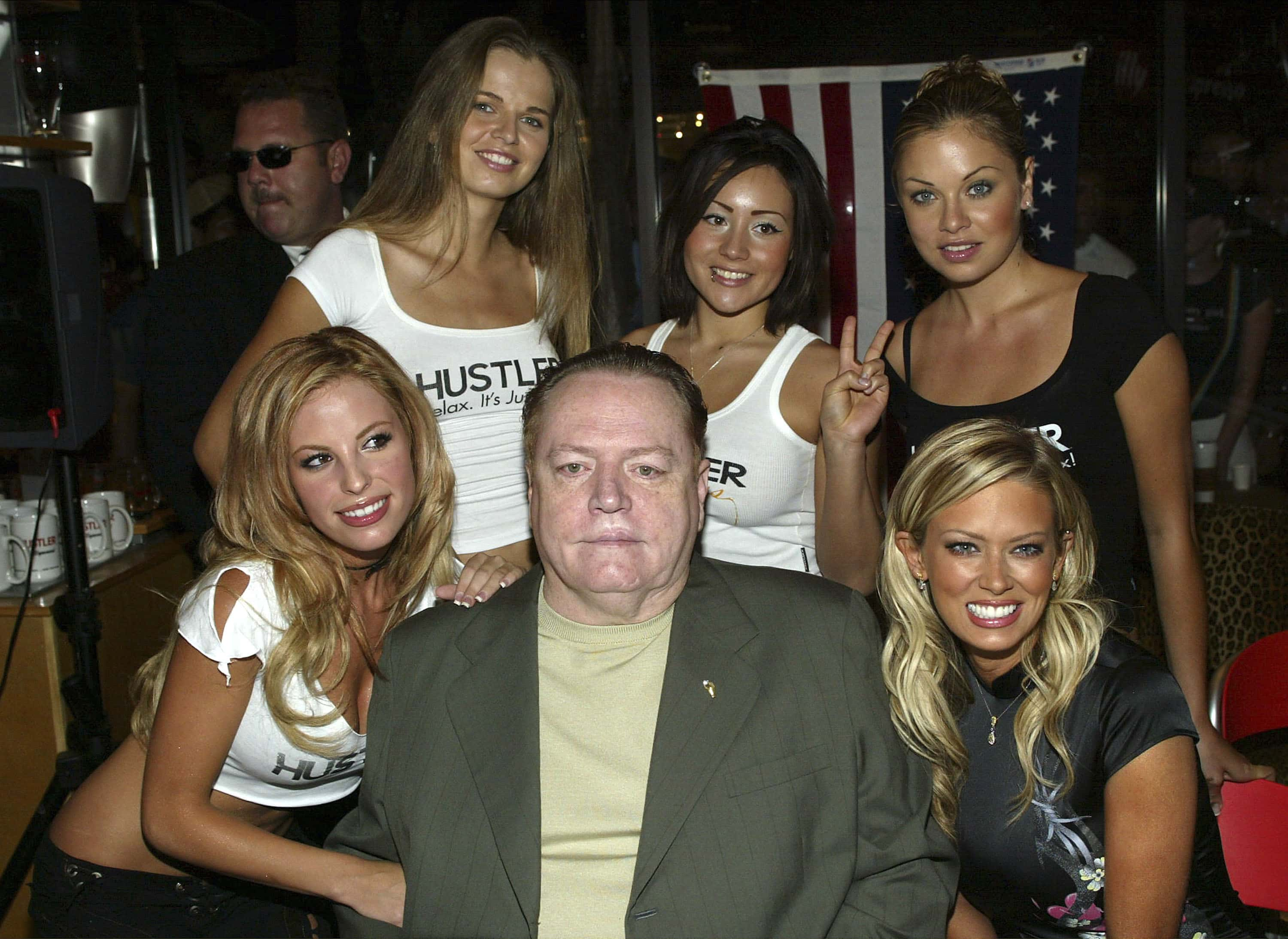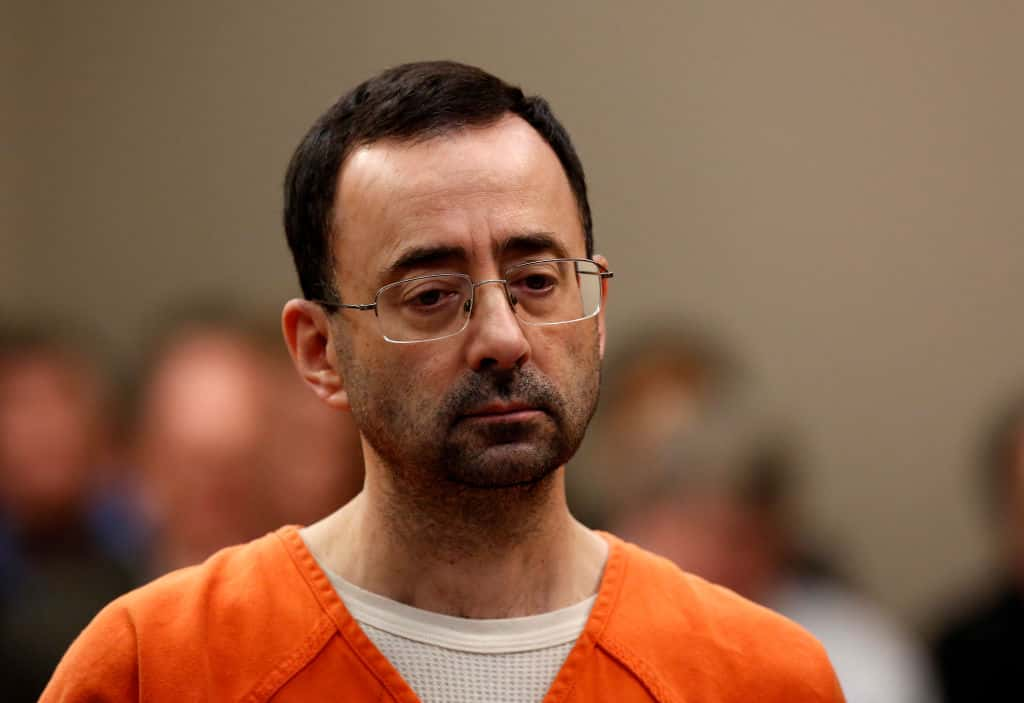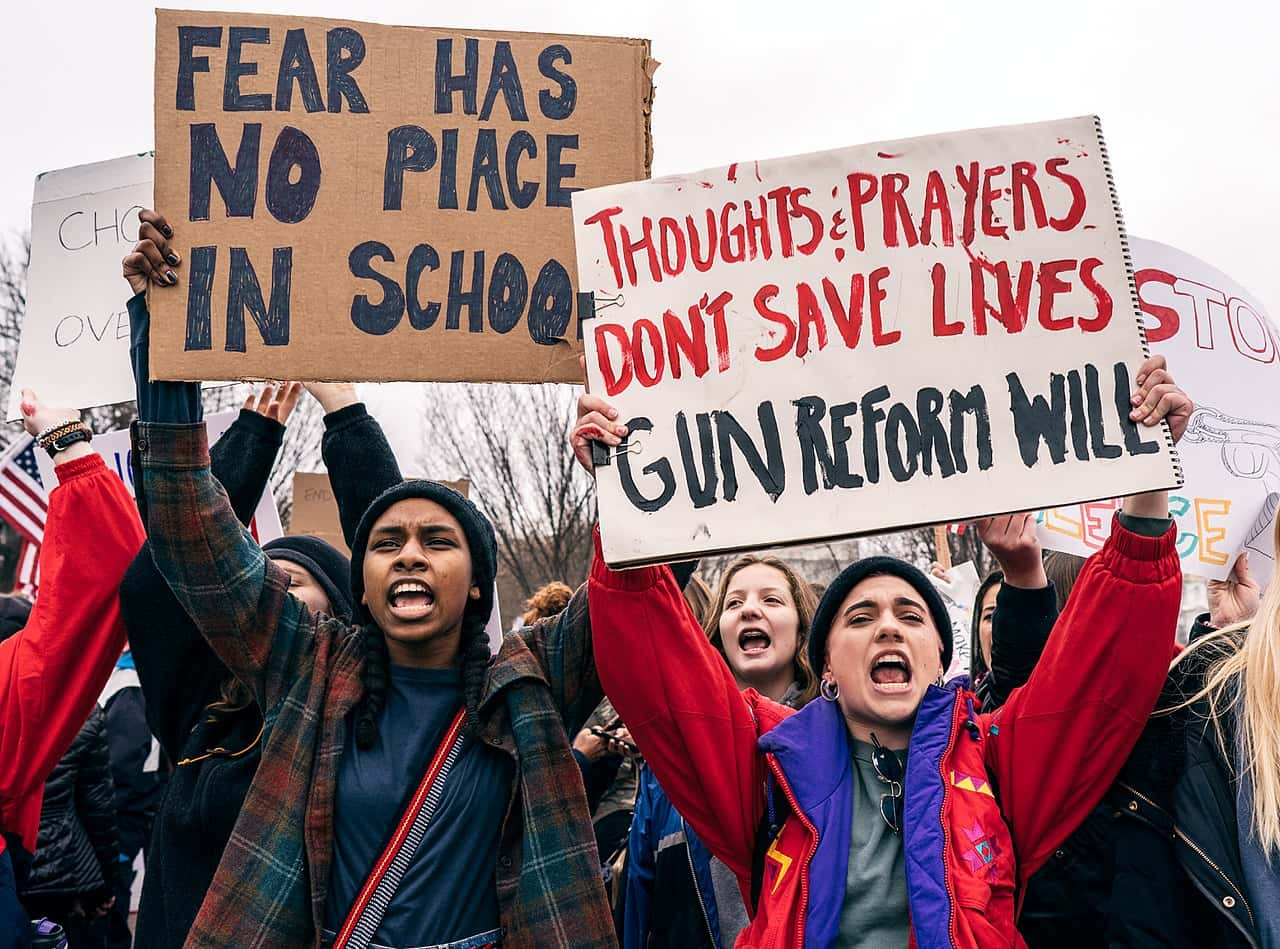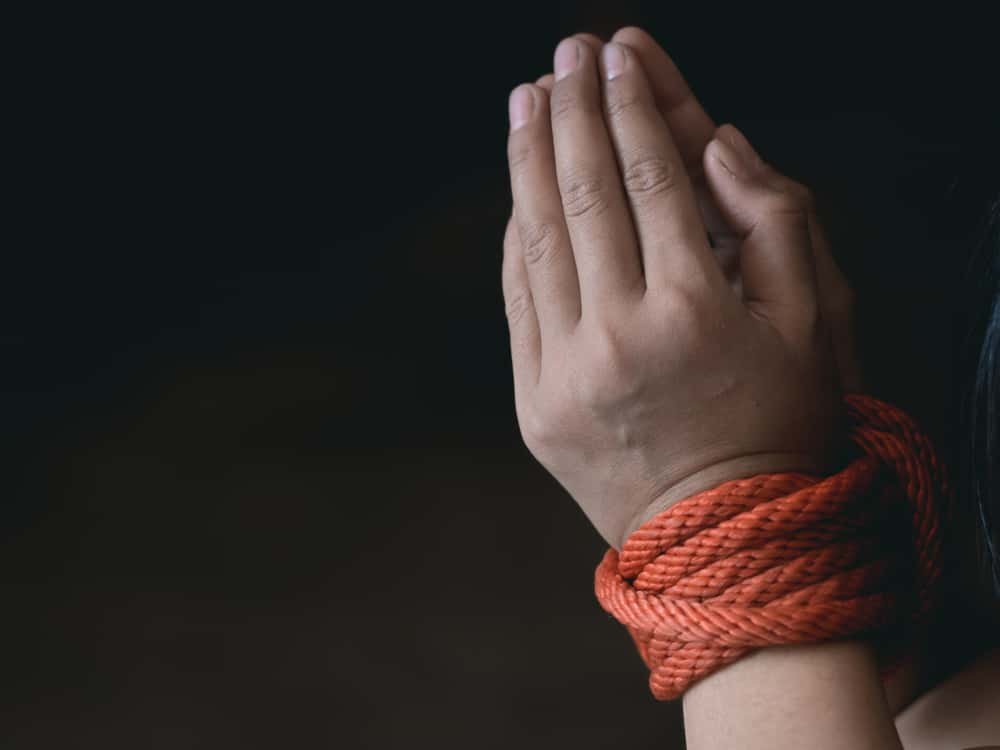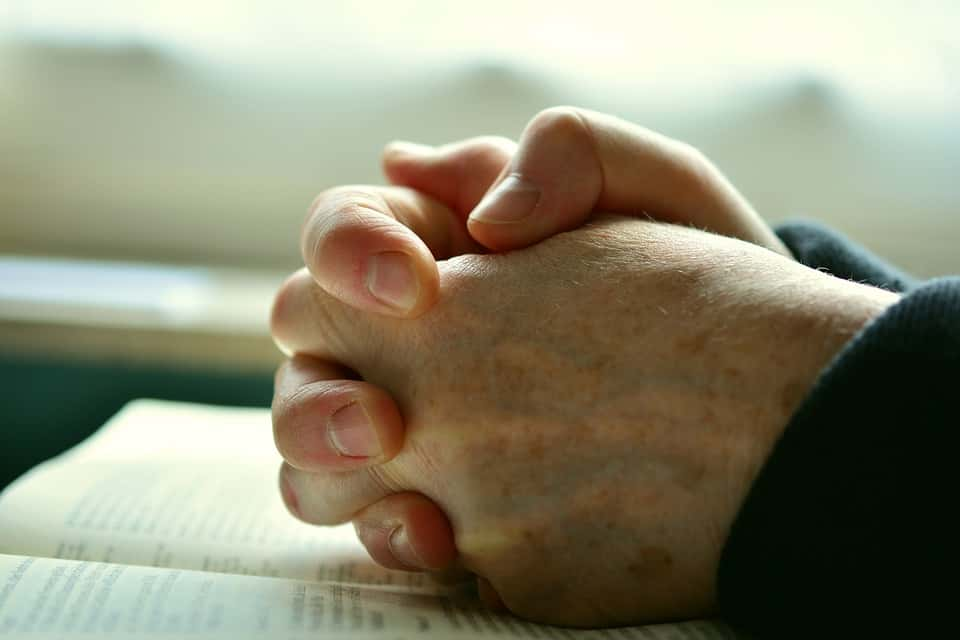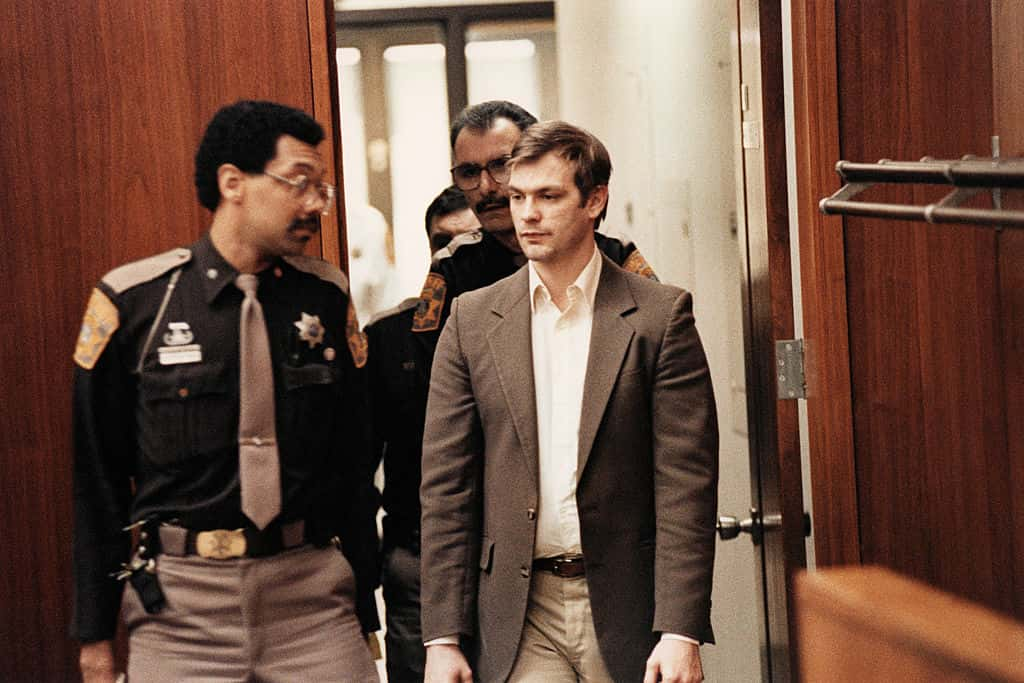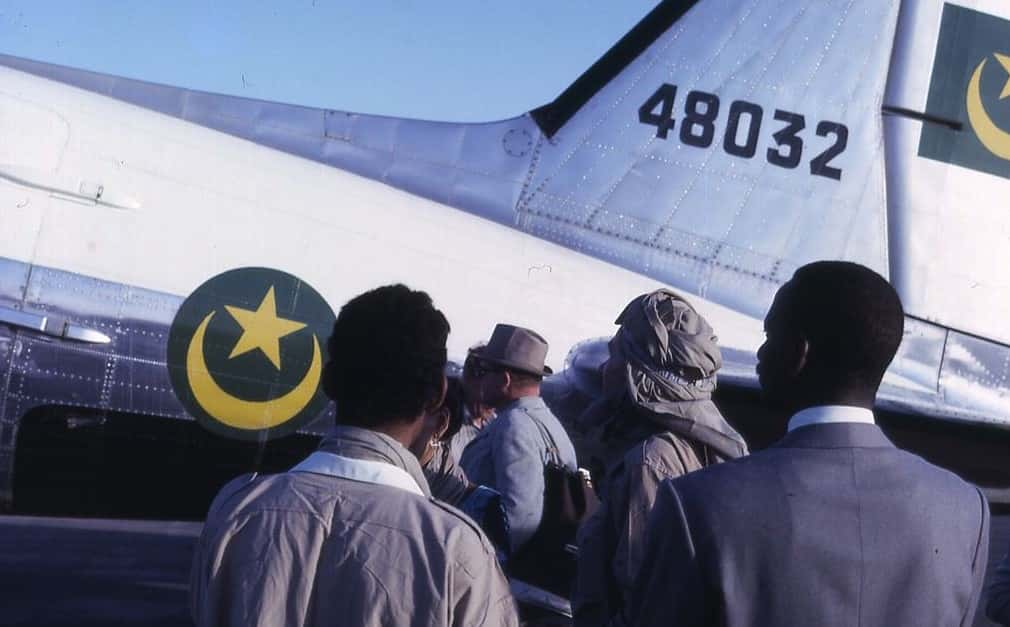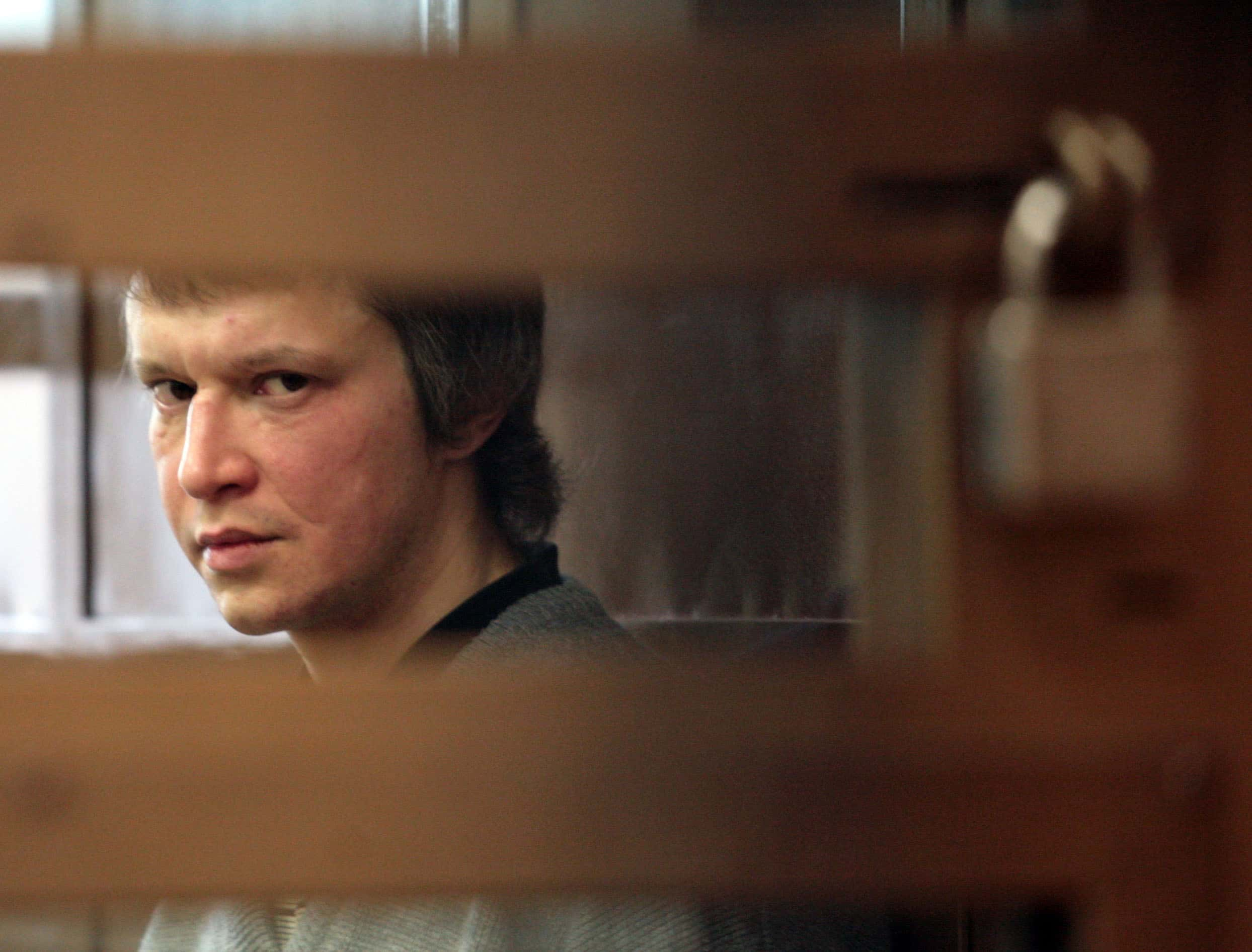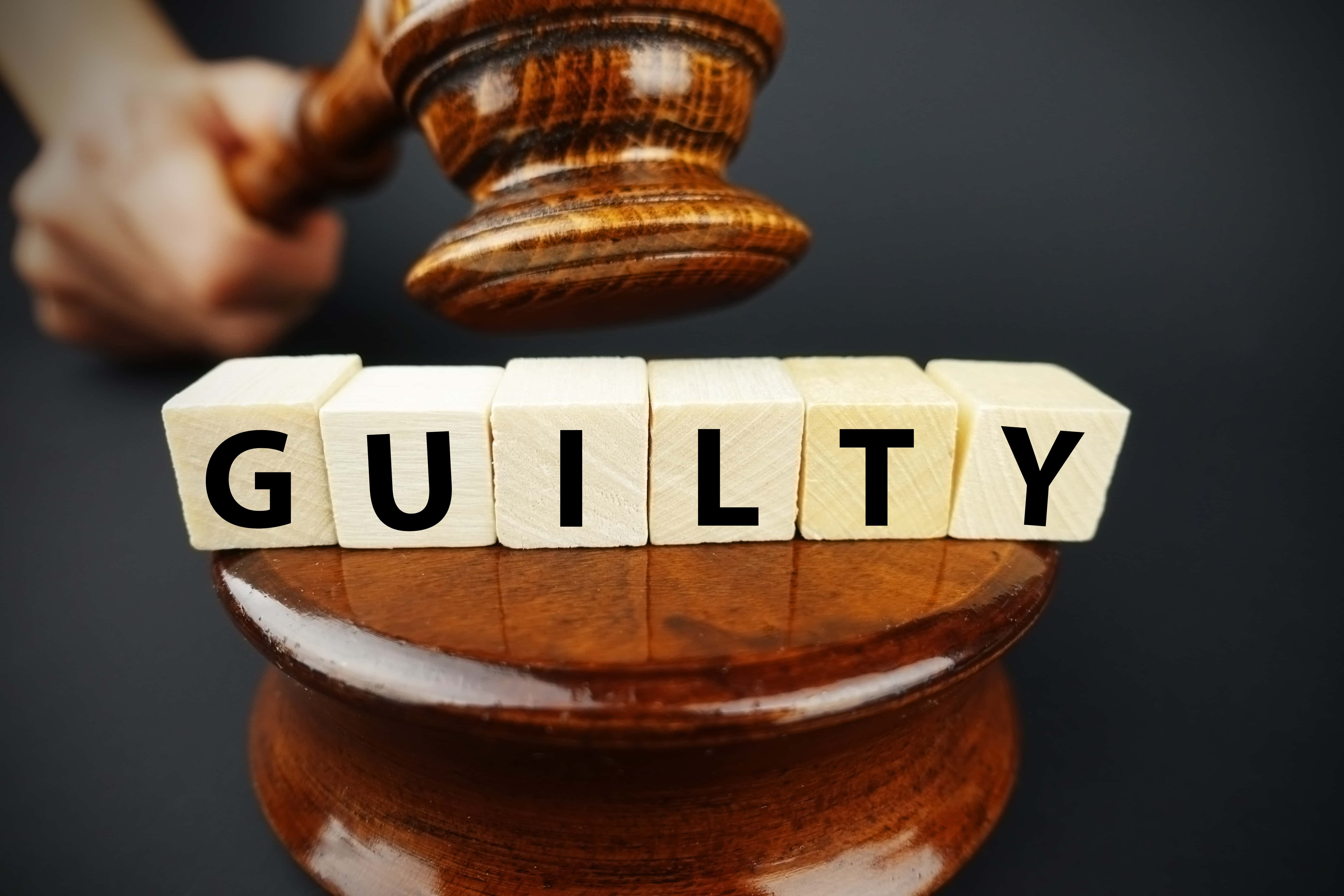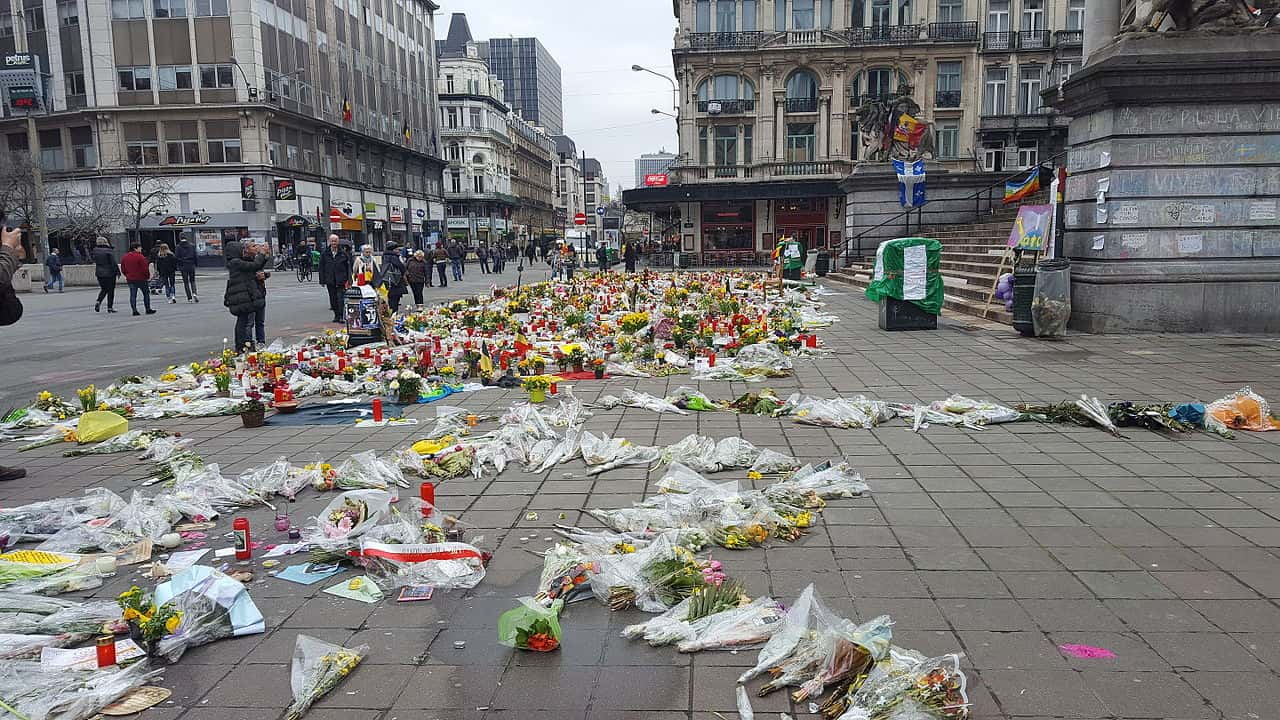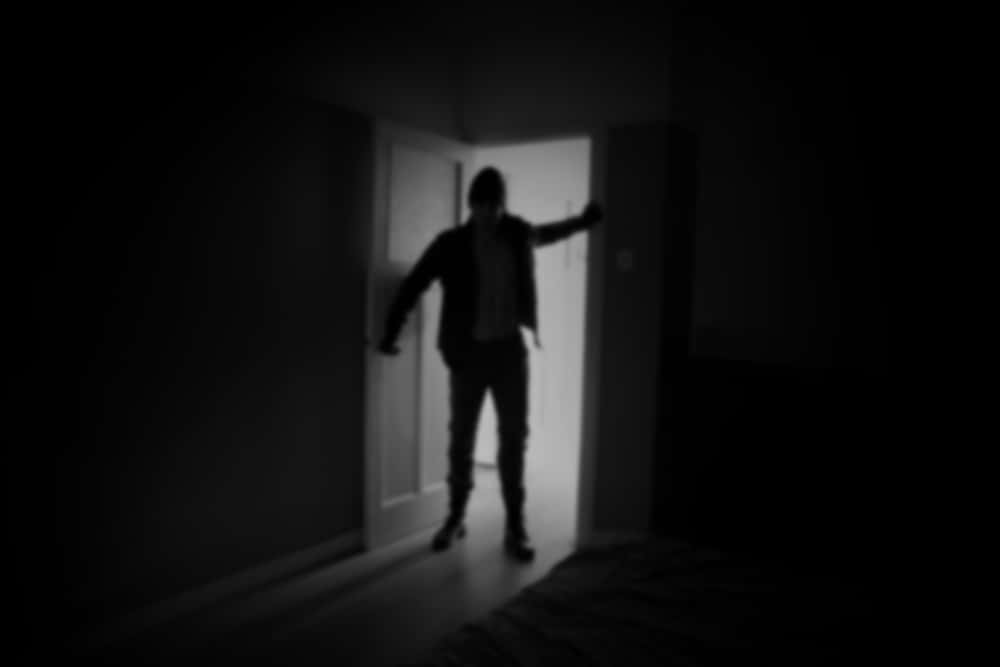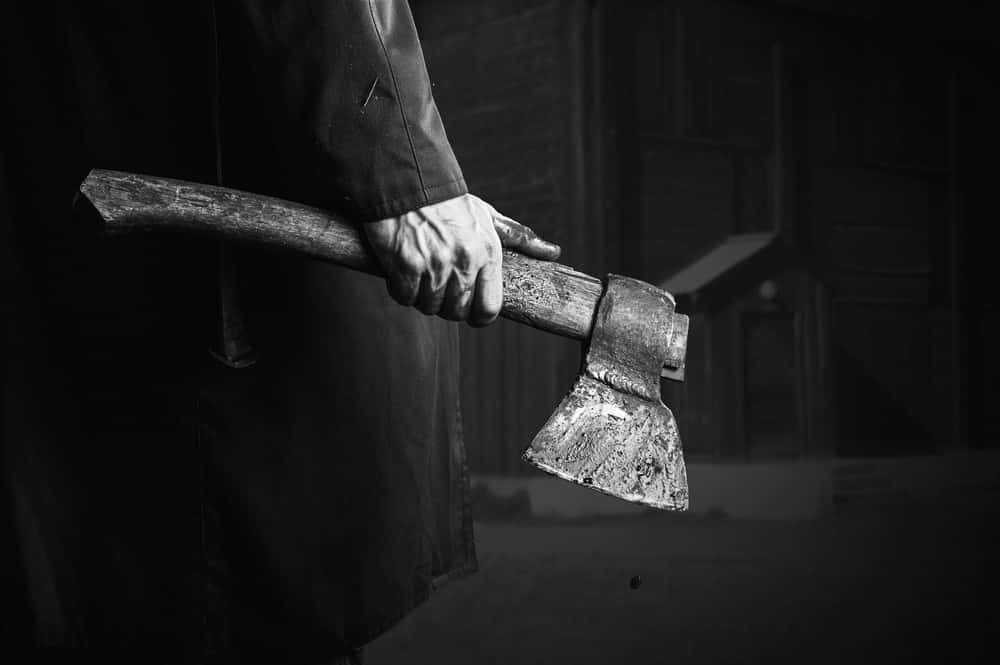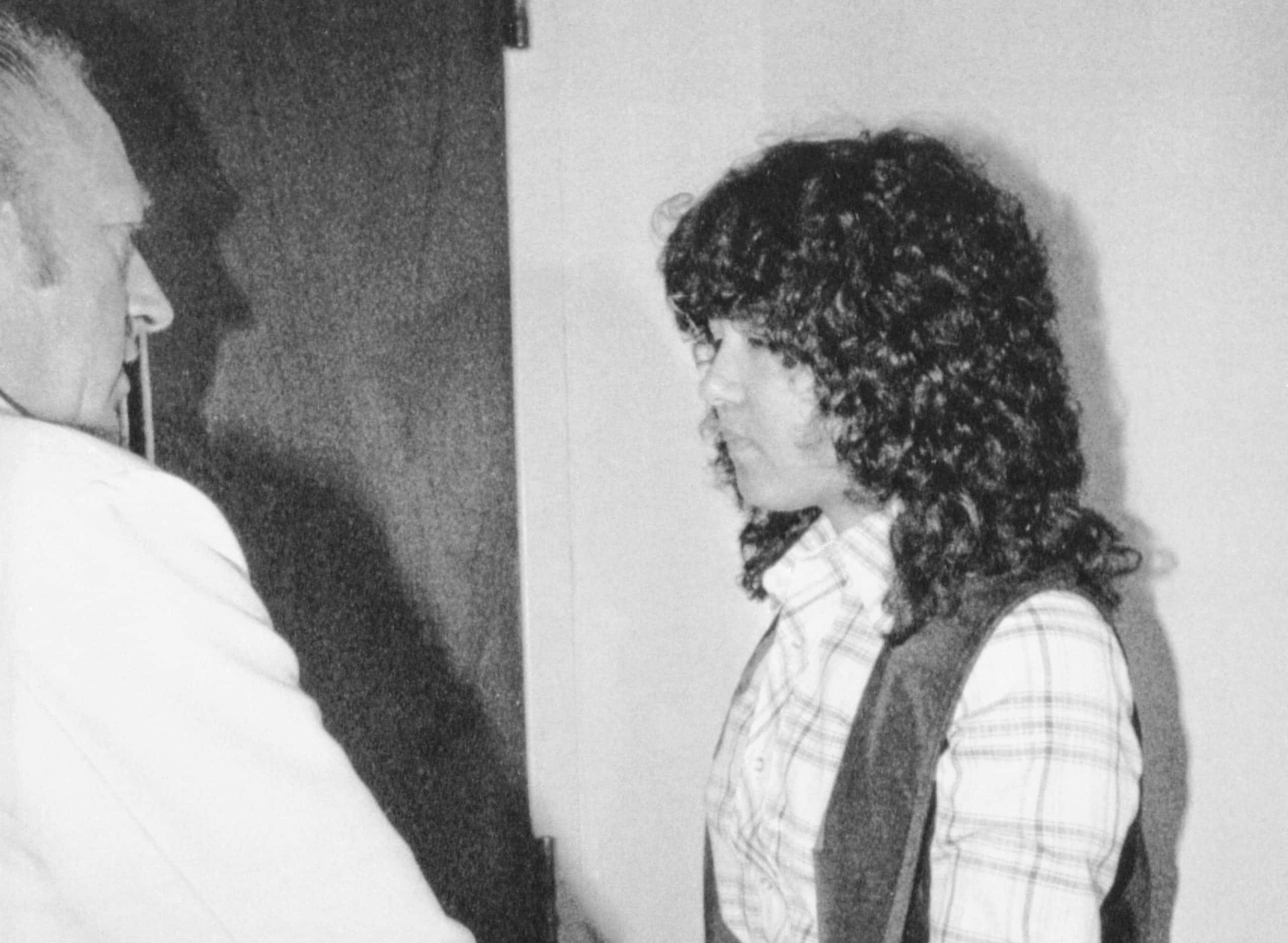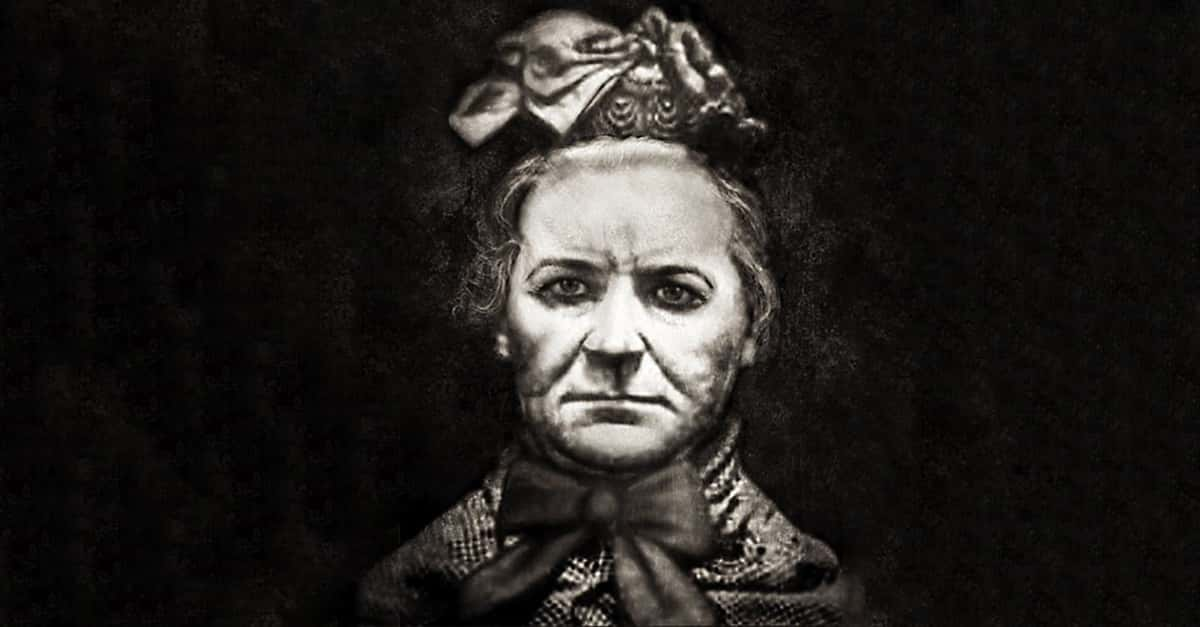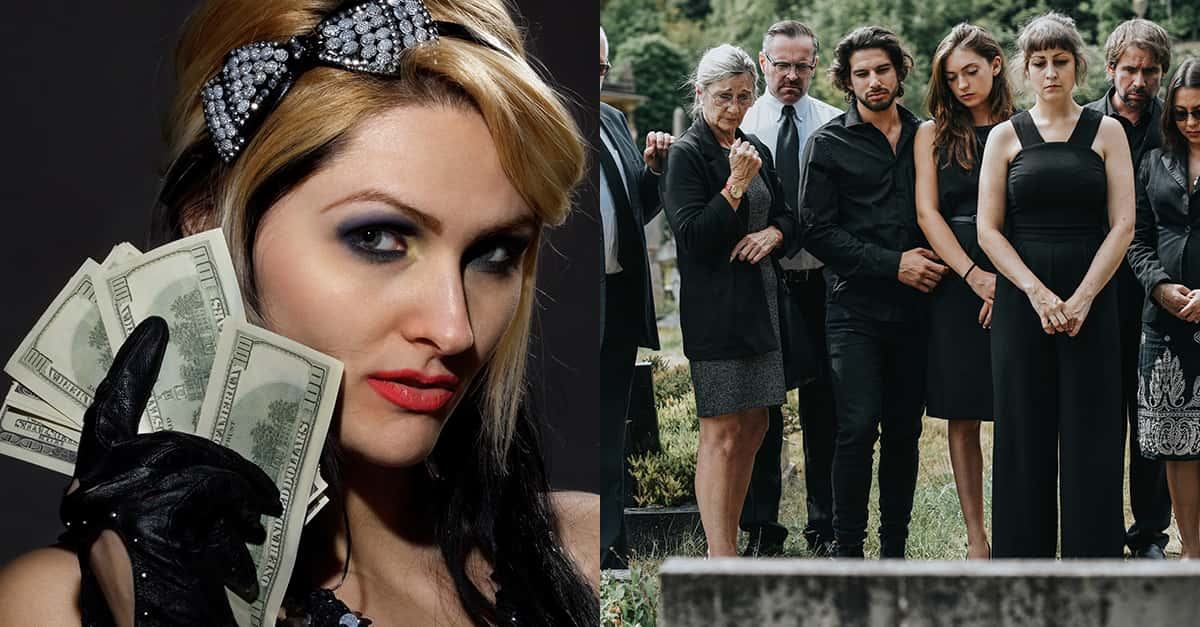They say that which does not kill us makes us stronger, and if there's a group of people who prove that maxim every day, it's the people who have fought for their lives against some of the most terrifying odds. Unfortunately, sometimes bad things happen to good people. It’s sad, but that’s the way the world is. However, the victim of all that horror is sometimes a person who inspires us all with their courage, resilience, and willingness to forgive. Reminders that the world is not always the frightening place that it appears to be may seem few and far in between, but they certainly exist. With that in mind, here are 24 uplifting, yet harrowing, facts about people who lived through horrific things and came out the other side as an inspiration to all of us.
1. Good Advice
14-year-old Elizabeth Shoaf was “arrested” by Vinson Filyaw, who was posing as a law enforcement officer. He then led her to a bunker where he kept her for ten days. Over those 10 days, Shoaf gained her captor's trust to the point that he let her use his phone (she said she wanted to play games to pass the time). Of course, in between games of Candy Crush, Shoaf texted her parents, who called 9-1-1. Filyaw trusted her so much that when the real officers arrived a short time later, he asked her what he should do. Shoaf advised him to run, which he did, leaving her to stroll nonchalantly to safety.
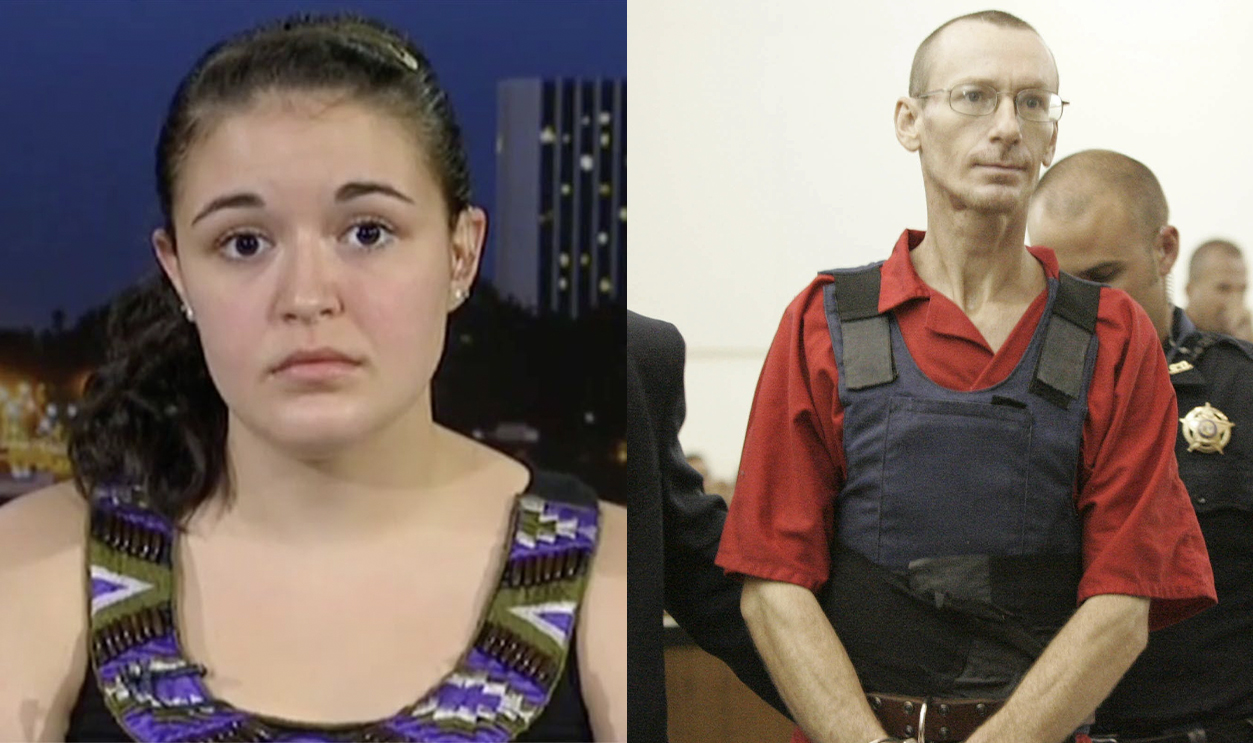
2. The Pornographer
You might not think of a pornographer as the image of moral consistency, but when Larry Flynt was paralyzed by a white supremacist who objected to interracial love scenes in Flynt’s magazine, and who had taken the lives of eight other people, Flynt lobbied hard to ensure his assailant was not executed. Flynt, a lifelong critic of capital punishment, said: “I just don’t think the government should be in the business of killing people.” You may not have expected sound moral guidance from the creator of Hustler, but here we are.
3. Roia Atmar
Roia Atmar was married at fourteen and spent five years in an abusive relationship. The torment escalated to the point that Atmar had be hospitalized for three months after her husband set her on fire. With the help of a social worker and law enforcement, Atmar and her children were able to escape. Today she works for a non-profit organization which provides housing and community support to victims of domestic harm.
4. Olympic Heroes
Winning Olympic gold is an impressive and inspiring feat in its own right, but in 2016 some of America’s most famous gymnasts came forward to reveal the torment they had suffered at the hands of Larry Nassar, who molested more than 200 young athletes over his two decades as a team physician. Through their testimony, these Olympic heroes ensured that Nassar would spend the rest of his life in prison.
5. The Kids Are Alright
In 2018, the students at Marjory Stoneman Douglas High in Parkside, Florida suffered an unthinkable tragedy when a gunman shot seventeen of their classmates. Refusing to be silenced, the teenagers took to social media, challenging politicians to make changes to firearm laws that would ensure such a tragedy would never happen again. Their movement quickly gained speed, causing many corporations to sever ties with the National Rifle Association, and proving that, together, even the youngest members of a community can cause major social change.
6. Big Little Girl
Erica Pratt was just seven years old when two men snatched her from a Philadelphia sidewalk. The men brought her to an abandoned building where they tied her up, but Pratt was able to chew through her restraints and sneak out a window. Her bravery and composure earned her a National Courage Award in 2003.
7. The Power of Prayer
Stephen Morin, who was known as “The Chameleon,” took the lives of over 30 women across the United States, but it was the woman he let go who had the most profound impact on his life. Morin abducted Margaret Palm in 1981. During their ten hours together, Palm insisted they listen to the sermons of Rev. Kenneth Copeland. Morin was so moved by the sermons that he let Palm go. According to Palm, Morin was actually on his way to Copeland’s house when he was apprehended—he was going to confess to his offenses and ask Copeland’s blessing. When Morin was sentenced to die, his last words were a prayer. Those must have been quite the sermons!
8. Date with A Killer
Tracy Edwards didn’t suspect anything when an acquaintance invited him over to have a few drinks and watch a movie. But as the night wore on, Edwards’ host—one Jeffrey Dahmer—began acting erratic and violent, wielding a blade at Edwards and undergoing intense and rapid mood swings. Dahmer eventually put a handcuff on one of Edwards' wrists, but Edwards managed to calm him down enough that he was able to strike him and flee before he got the other cuff on, managing to wave down a squad car in his escape.
While Edwards escape and testimony led to Dahmer finally being caught, he was deeply affected by the trauma of his brush with the afterlife, and lived for years on the streets. In 2011 he was apprehended for murder after an altercation with another homeless man. Although he may have saved many lives by ensuring Dahmer's capture, he had trouble not losing himself that fateful day.
9. This Time Was Different
Others had tried to escape Dahmer before, only to be ignored. In 1991, Dahmer captured and brutally tortured the 14-year-old Konerak Sinthasomphone—at one point, he drilled a hole in the boy's skull and injected hydrochloric acid into his brain. After being left alone briefly, Sinthasomphone escaped Dahmer's apartment and drew the attention of two law enforcement officers.
However, Dahmer explained that Sinthasomphone was his boyfriend and was simply inebriated, and the officers left without doing anything. Dahmer snuffed out Sinthasomphone's life with a second injection soon after they departed. This only proves just how lucky Edwards was, and his quick thinking led to Dahmer's eventual arrest.
 Dahmer,DEJ Productions
Dahmer,DEJ Productions
10. The Pilot
One clever pilot saved not only himself, but his crew and passengers as well. When hijackers tried to take over an Air Mauritania flight, pilot Ahmedou Mohamed Lemine quickly ascertained his hijackers could not speak French. Lemine spoke—in French—over the PA system, advising passengers to brace for turbulence. He then rocked the plane, giving crew members an opportunity to tackle the disoriented terrorists.
11. Hard to Forgive
17-year-old Lisa McVey Noland was working the night shift at a donut shop in November 1984. At the time, there was an active killer in the area, and she had heard about it, but never expected that she would come face to face with him one night while leaving her job. The man knocked her off her bicycle and pulled her into his car. What transpired next was a brutal and relentless 26-hour attack on McVey Noland by the man.
McVey Noland already had a survivor's instinct—she'd been the victim of mistreatment in her childhood. She began speaking softly to her attacker, drawing him out of his shell, sharing her own life experiences, and listening to his. The man grew so sympathetic that he let McVey Noland go. The time she spent with her attacker allowed her to give a very thorough description to authorities, and he was apprehended shortly after.
12. A Change of Heart
In an odd way, Bobby Joe Long might have saved Lisa McVey Noland’s life. Earlier that day, she had written a confession note, and was heading home to take her own life when Long abducted her. Since the attack, McVey Noland has gone on to become a Hillsborough County sheriff's deputy. She says that what she's become after the brutal attack is "a protector. No one's going to get hurt on my watch."
13. Grandma and the Grinch
Sherione Johnson had a visitor on Christmas Eve, 2016, but it wasn’t St. Nick—a burglar broke into her home and demanded her car keys. When the burglar aimed his firearm at one of Johnson’s grandkids, she sprang into action and snatched her own firearm. Johnson held her burglar at gunpoint until her children came home. They dutifully roughed him up and sent him packing. The family that kicks bad guy butt together...
14. Down in a Deep, Dark Well
In 2007, Alexander Pichushkin threw the 19-year-old Maria Viricheva down a well. Viricheva, three months pregnant, fell nearly 30 feet, but she managed to use her whole body to wedge herself in place and keep from being sucked down a drainage pipe. She was not the only victim of Pichuskin, and curiously, not the only survivor, although the terrifying killer had managed to rack up 48 victims in his time. When Viricheva reached the top of the well, her screams attempts to budge the 40kg (88lb) iron cover startled a passerby, who quickly fled. Viricheva thought that was it, and that no one would ever help her. Luckily, the woman had run to a nearby garage, and two security workers were able to come back and pull Viricheva from the well.
15. Can You Believe That?
When she finally climbed to safety and went to the authorities, they refused to investigate the incident, and forced her to sign a paper saying she had fallen. Pichushkin, dubbed “the Chessboard Killer” for his goal of slaying as many people as there were squares on a chessboard, was later apprehended for the murders of 48 people. He might have been caught much sooner had the authorities taken Viricheva seriously and worked to track down the man who tried to kill her.
Even worse, just two weeks after his attack on Viricheva, he tried the same thing on a homeless boy, who also survived, only to have the authorities deny his account because of his homelessness.
16. From Beyond the Grave
Things weren’t working out between Marcin Kasprzak and his fiancée (and the mother of his four-year-old child) Michelina Lewandowska, so he tasered her and buried her alive in a cardboard box. Fittingly, Lewandowska used her engagement ring to cut through her restraints and dig her way out. Kasprzak was sentenced to 20 years in prison, while his accomplice was sent to a young offender's institution.
Lewandowska said that “The thing that saved me was thinking of my little boy, Jakub. If I [passed on] I would never see him again and he would be left without his mother."
17. Sole Survivor
As they were sitting and talking by some railway tracks, Holly Dunn and her boyfriend were struck by Angel Resendiz. After slaying the boyfriend, Resendiz brutally beat, violated, and stabbed Dunn, leaving her to die in a ditch. However, Dunn did not die, and she managed to drag herself to a nearby house and receive aid. Dunn is the only woman to have survived an encounter with “the Railway Killer,” and her testimony was crucial in sending him to prison.
18. Mason Wells
Some people are unlucky, some people are really unlucky, and then there's Mason Wells. Wells was cheering his mother on at the finish line of the Boston Marathon in 2013 when a and explosive device went off. Both Wells and his mother survived, and he took the explosion as a sign he should devote himself to missionary work for The Church of Jesus Christ of Latter-day Saints. Sadly, this would not be his last close call.
19. Paris to Brussels
Wells' missionary work took him around the world, but it didn't take him out of the line of fire. Two years later, he was in Paris when another terrorist attack took place in the city. This time, he wasn't nearly as close to the scene as he was in Boston, but I'm sure he still got more than a few panicked texts making sure he was OK.
Just one year after the Paris attacks, Wells was in Brussels when he witnessed yet another explosion. This time he suffered minor burns and shrapnel wounds, but still walked away from the incident. If you’re keeping track, that’s three terrorist attacks Mason Wells was present for and managed to survive. This begs the question: Is he the luckiest unlucky person in the world, or the unluckiest lucky person?
20. Trust No One
Jennifer Morey, a 25-year-old lawyer, had purposely chosen her apartment building because it offered 24-hour security with an on-premises guard, giving her a sense of safety as a young woman living alone. But shortly after she went to bed, she was jumped by an intruder in her dark apartment, who violated her at knifepoint and cut her throat before forcing her into the bathroom and leaving. She held the bathroom door shut for so long that it jammed, and she was unable to open the doorknob with blood all over her hands.
When she got out, her phone and lights were cut off, but she was able to find her cell phone and call 9-1-1. It was Richard Everett's first night as an operator, but he tried to keep her calm. Minutes into their call, there was a pounding on her door—but Morey wasn't safe just yet. The man at the door said he was building security, but Everett felt that something was off, and advised her not to open the door.
The building's security had not contacted 9-1-1 or the authorities, and vice versa. How could the guard know what was happening in the apartment?
thoughcatalog
21. That Calls For a Rent Rebate
When law enforcement officers did arrive, they found the guard bloodied, with a hand injury. He claimed that he had been hurt by an intruder, but they knew something was off. He didn't have any underwear on, and his Pinkerton Security cap was missing. You can guess where they found both items—in Morey's apartment. The guard had gone back and knocked on the door so that he could retrieve the evidence and finish the job.
Without Everett on the phone guiding her, Morey might have fallen victim to the guard twice. During a lawsuit against the Pinkerton Security company, negligence seemed rampant, including a case where another guard had used his badge to coerce a girl into his car, where he violated and shot her. Morey eventually accepted an undisclosed settlement from the security company,
The guard was sentenced to 20 years in prison. After years of dealing with the trauma of her attack, Morey opened her own family law practice. And the cautious 9-1-1 operator? He went to Morey's wedding and they remain close friends to this day.
22. Against All Odds
There are stories of people who survive against all odds, and then there's Mary Vincent. When she was just a 15-year-old runaway, she was picked up while hitchhiking by 50-year-old Lawrence Singleton. After driving for awhile, she was repeatedly violated and beaten, before being drugged. When she woke up, she begged for her life and freedom, and he responded by cutting off both her forearms, using just 5 blows with a hatchet. As she lost consciousness, he shoved her undressed, dismembered body into a concrete culvert. But Vincent woke up, realized her dire condition, and walked three miles, following car sounds to a freeway, holding up what was left of her arms into the air so that she wouldn't bleed out. While the first car that saw her sped away in horror, a traveling couple stopped and took her to an airport to call an ambulance.
23. A Continuing Ordeal
It was Vincent's excellent description of her attacker that led to his arrest, but the ordeal of the trial continued Vincent's ongoing trauma at the hands of Singleton. He continuously denied the charges against him, claimed that Vincent was a paid date he'd picked up, and that she had been complicit in her own attack. He even went so far as to whisper to her when he passed her in the courtroom one day "I'll finish this job, if it takes me the rest of my life."
Despite this, she persevered in her testimony against him. Unfortunately, the laws in California at the time weren't what they are today, and he was only sentenced to 14(!) years for his offenses. He got out after 8 years and a handful of months, despite continuing to disavow his guilt.
24. Survival Takes A Lifetime
Vincent lived in fear even before Singleton's release, but it certainly didn't make it easier when he attempted to sue her in civil court. He claimed that Vincent had threatened to accuse him of assault, and that he must have then hurt her as a reaction. The claim of the suit was "forcible kidnap for the purposes of robbery" but fortunately, it did not gain much traction. When he was released, no community in California would take him, and he lived for a while in a trailer on the grounds of San Quentin.
Even after he moved to Florida, Vincent feared that he would fulfill the deadly promise he had made to her in court. Finally, in 1997, he struck, taking the life of a young woman in Florida. He was apprehended and sentenced to die, but the murder saddened many who felt that a longer prison sentence in California could have prevented the young woman's demise.
He finally succumbed to cancer in 2001 while in prison. After years of stress and depression, Vincent became an artist and is happy to be known as more than the victim of a brutal act.
Sources: 1, 2, 3, 4, 5, 6, 7, 8, 9, 10, 11, 12, 13, 14, 15, 16, 17, 18


